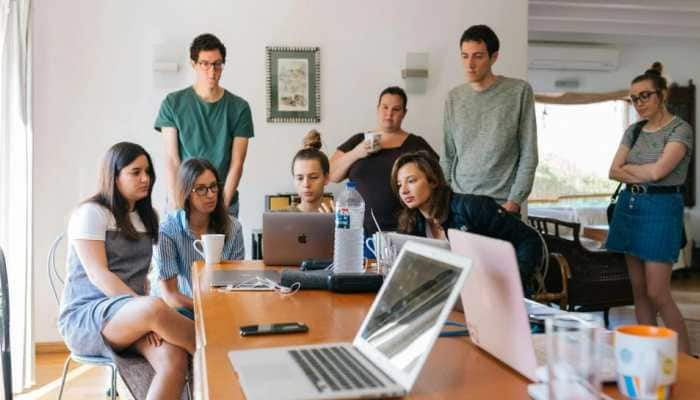Democracy slaughtered in God’s Own Country
A city where people are slaughtered everyday, with more than 300 made headless, more than 400 limbs chopped off, 500 being amputated, beaten and brutalized…is this the only way of democracy….looks like in one corner of this country, India. These gory details can be true about your city someday…..
Trending Photos







)
)
)
)
)
)
)
)
)
)
